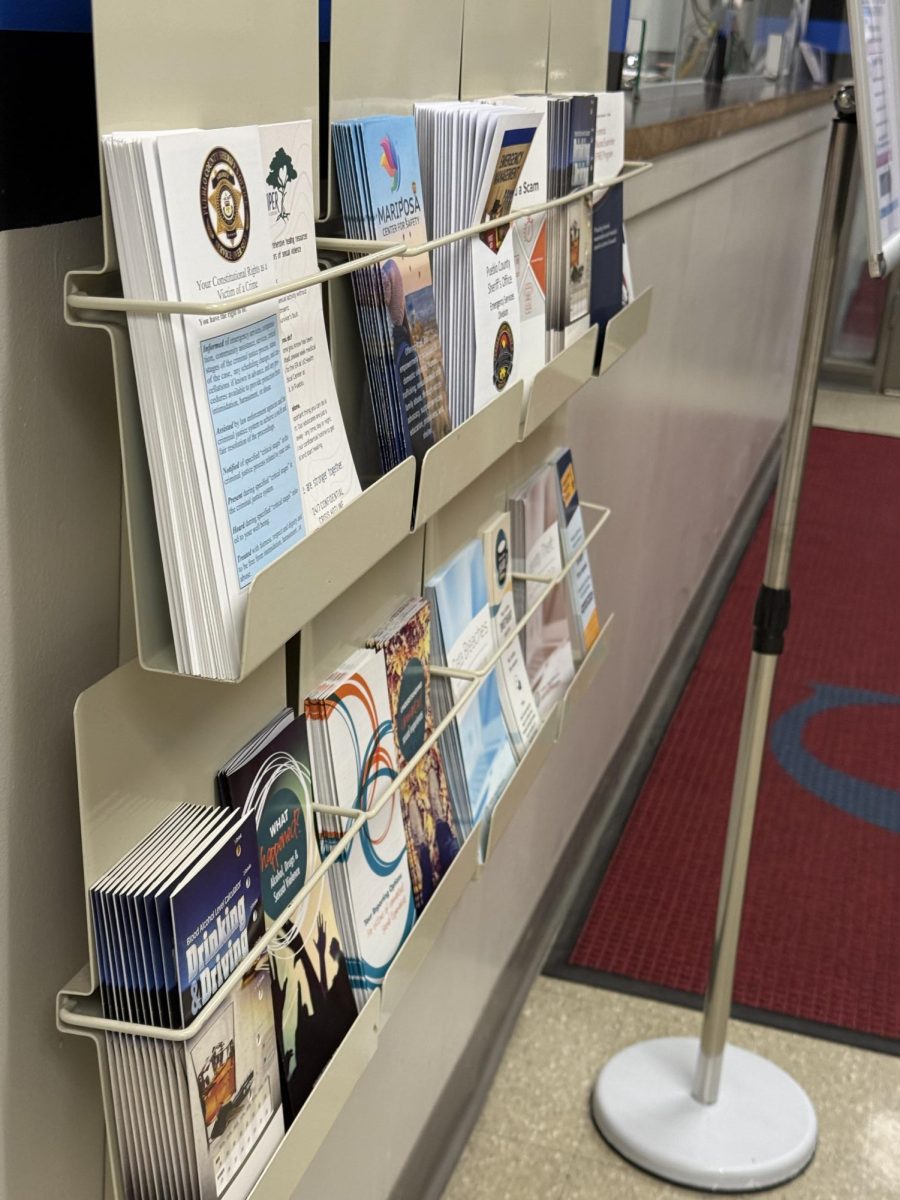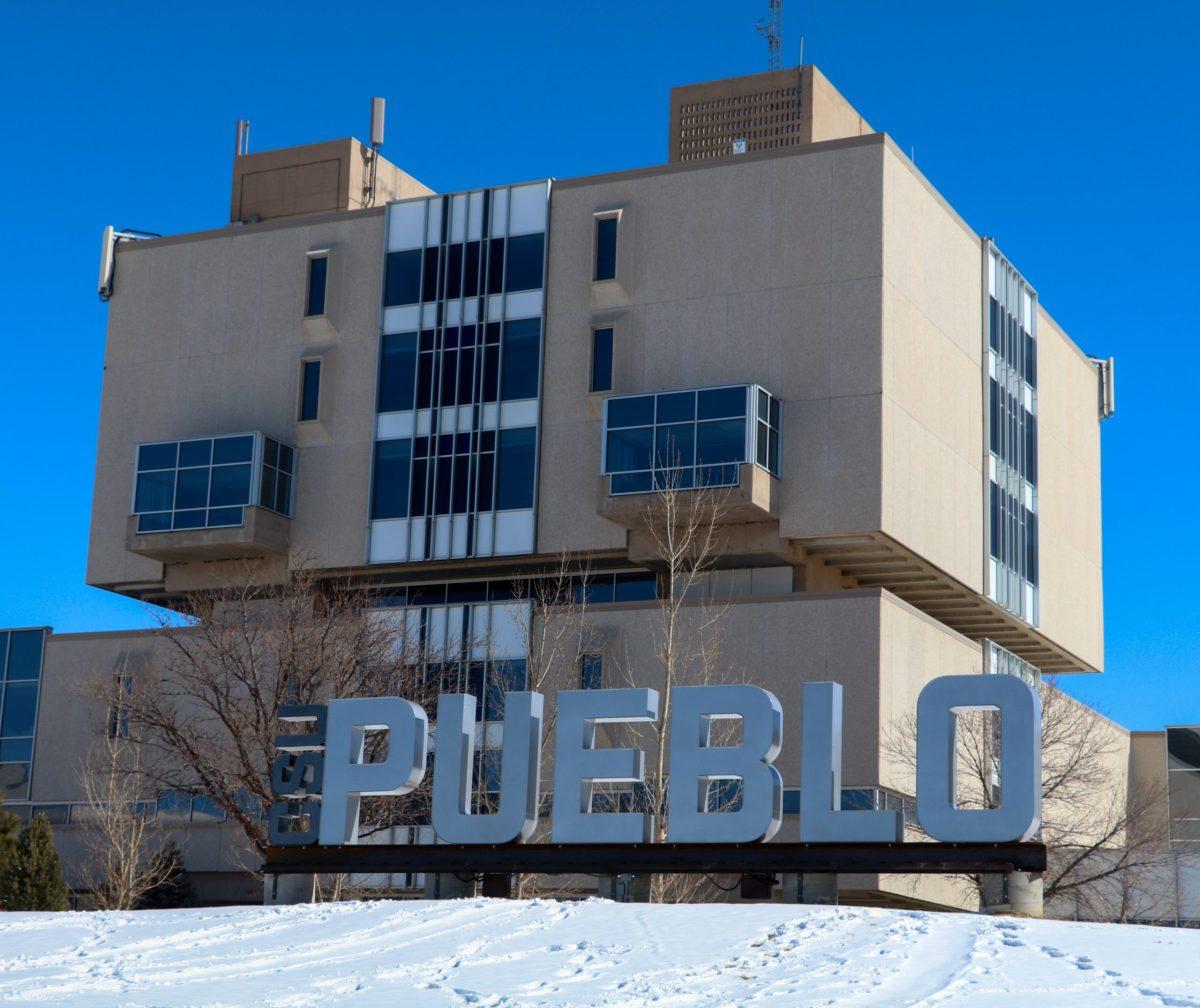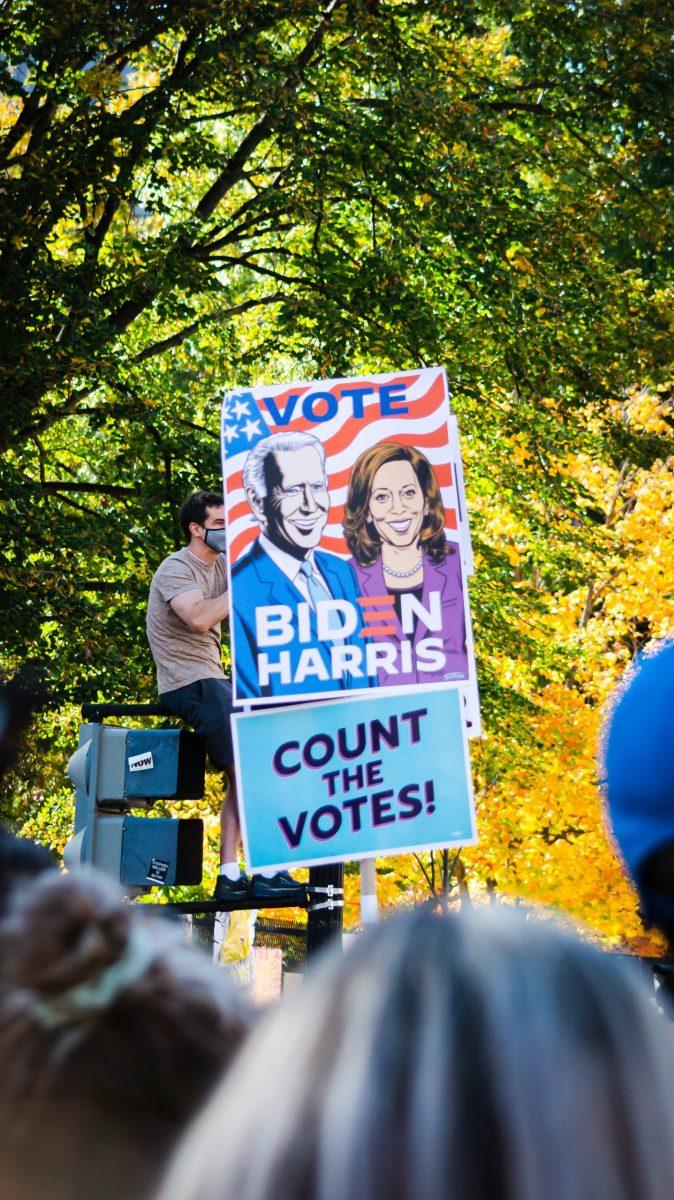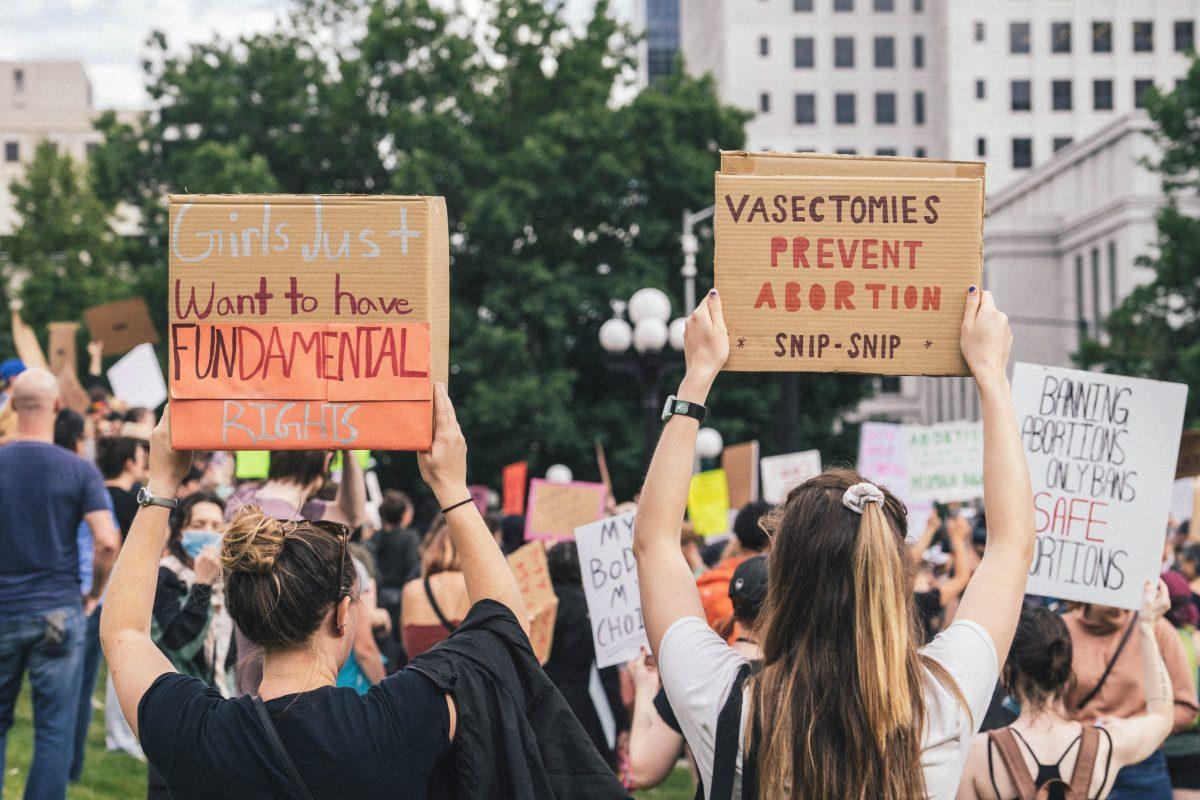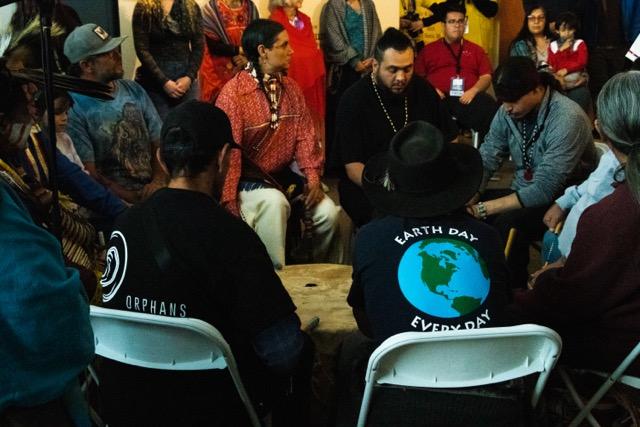
The tumultuous 1960s and 1970s gave rise to Chicano activism in Colorado. Disadvantaged Mexican-Americans fought to end discrimination, secure rights and gain political and social power through education, culture and the arts. This is still the case today, especially in Southern Colorado.
In 1979, former Pueblo City Councilman Al Gurule led an effort to recall District Attorney Joseph Losavio. Losavio was a controversial figure whose aggressive tactics contributed to his reputation as an overzealous prosecutor.
Veteran police reporter and retired Night City Editor Juan Espinosa wrote about the involvement of a former FBI agent in a plot to plant heroin on Gurule in retaliation for his efforts to derail Losavio’s campaign for reelection.
This and other historical accounts of intimidation and victory inspired 10 local Chicano authors from the Pueblo Chapter to pen “El Movimiento de Pueblo: An Anthology of Chicana and Chicano Activism” – a series of poignant accounts of civil rights activism in Pueblo.
“El Movimiento” transports the reader back to the 1970s in Pueblo, when Gurule and other Chicano activists led crusades for equality, often in the face of staunch opposition. Protests and sit-ins were commonplace at the time. Yet, despite intimidation, citizens were willing to stand up and voice their objections.
Game changers like Gurule did not back down on issues related to education, health and civil rights matters – some of these still persist in the Pueblo community.
Deborah Martinez Martinez, author and owner of Vanishing Horizons – El Movimiento’s publisher – wrote about ongoing concerns in education among Hispanics in Pueblo.
Martinez, for example, recounted when the Associated Students’ Government at the University of Southern Colorado – now CSU-Pueblo – allocated $25,000 for tuition and fees for 100 disadvantaged students in 1971, allowing them to take the required Chicano Studies 101 course requirement.
Martinez, who graduated from USC with a bachelor’s degree in mass communications, said, “I feel that some of the issues are still the same. There are still issues with education and the number of Hispanic teachers to students.”
Richard Rivera of the Pueblo Neighborhood Health Centers writes candidly about his own experience after he came to Pueblo in 1975 to open a clinic-style health service center to serve the low-income and indigent with dignity and professionalism.
“We had a backlash from the private sector primarily, but they mobilized the newspaper, district attorney and the local medical society that tried to terminate our funding, he said.
“We lived under a state for siege for a number of years. In 1982 they finally managed to get our funding terminated.”
Rivera was the first Chicano graduate from Harvard Medical and Business schools.
“It’s disappointing, especially the health care situation. I think in many ways it deteriorated,” he said of Pueblo’s future.
Martinez feels that the important issues are still not addressed publicly.
“A lot of things didn’t appear in the newspaper, or it was told in a one-sided manner. The Chieftain has been staunch Republican and some of these issues aren’t written about in the newspaper,” Martinez said.
In the book, one of the first Pueblo’s first Chicano lawyers and judges, Joe T. Ulibarri, wrote about the lawyers that led the way through tangled civil rights legal issues in Pueblo, while Espinosa writes about the local newspaper “La Cucaracha,” which served to educate people about topics of the times related to education, health and civil rights.
Other contributing authors are Lenny Valdez, Pablo Mora, Augustine Vega, Rita J. Martinez, Dave Marquez, Walter L. Garesh, Esq. and Rick C. Archuletta.
The book launch is scheduled for July 21 from 5 p.m. – 7 p.m. at the El Pueblo History Museum on 301 N. Union Av in Pueblo according to a news release from the publisher.
The authors will be on hand to autograph the book and the History Colorado “Movimiento” exhibit will be open free of charge.




